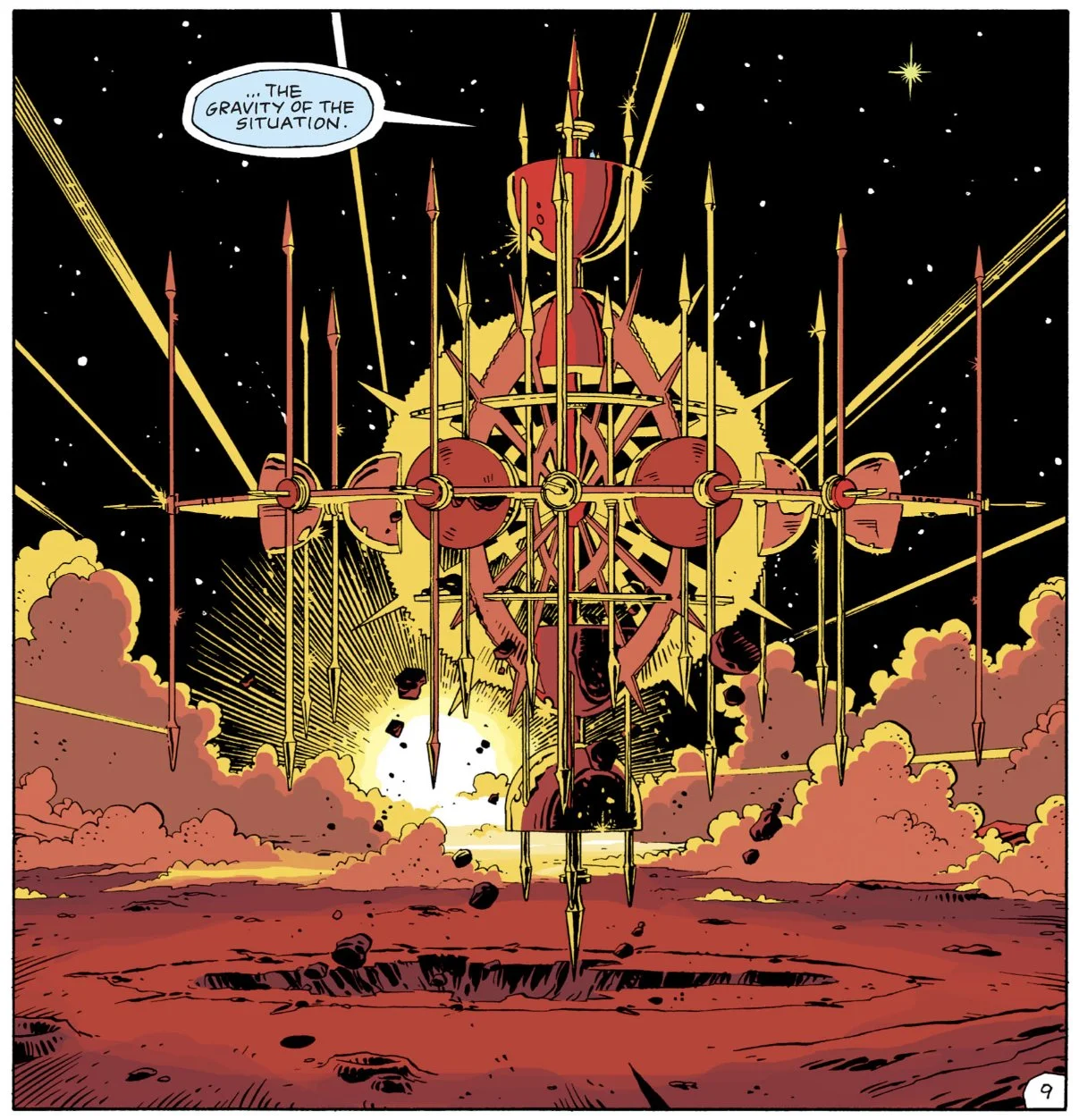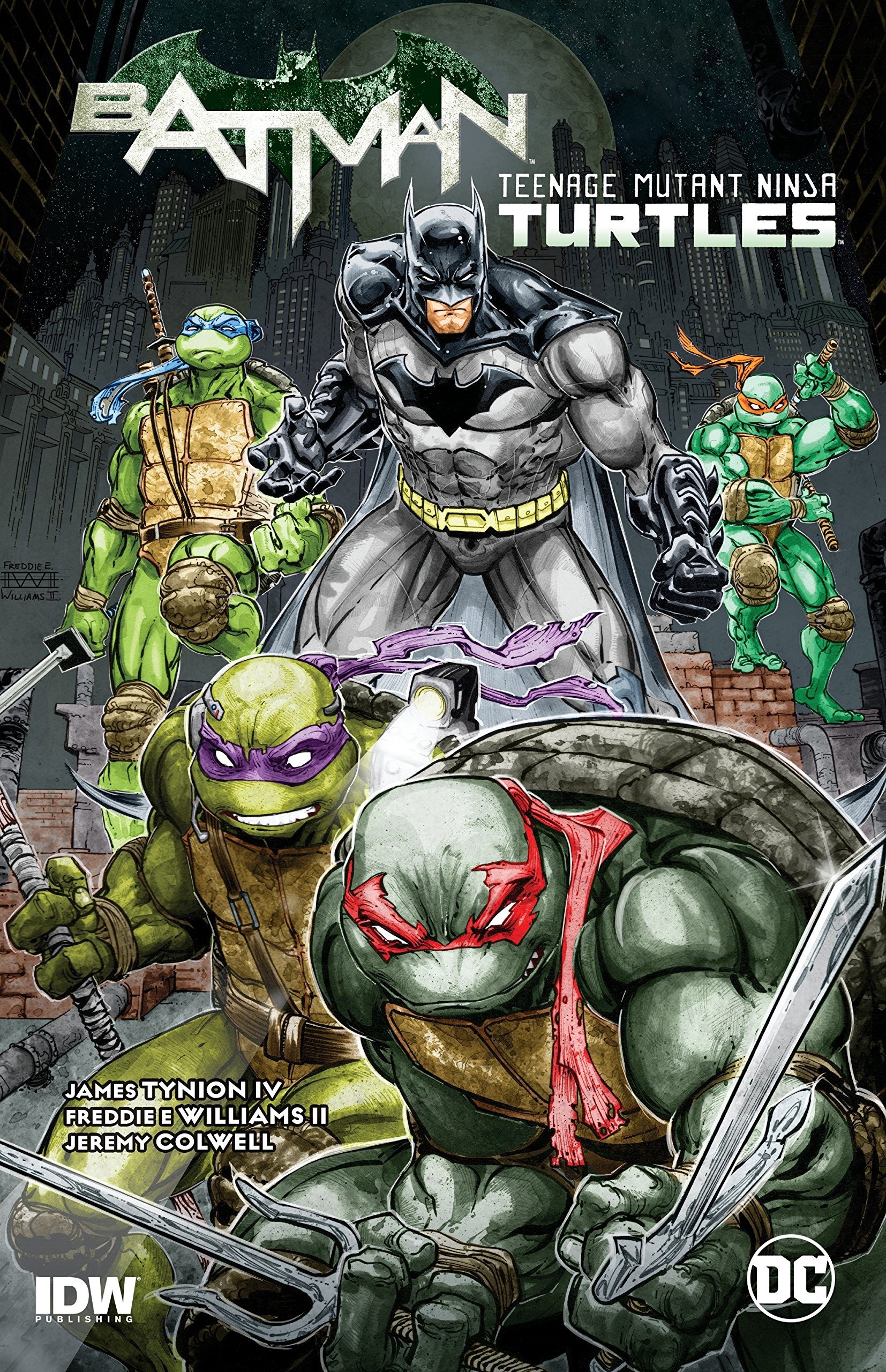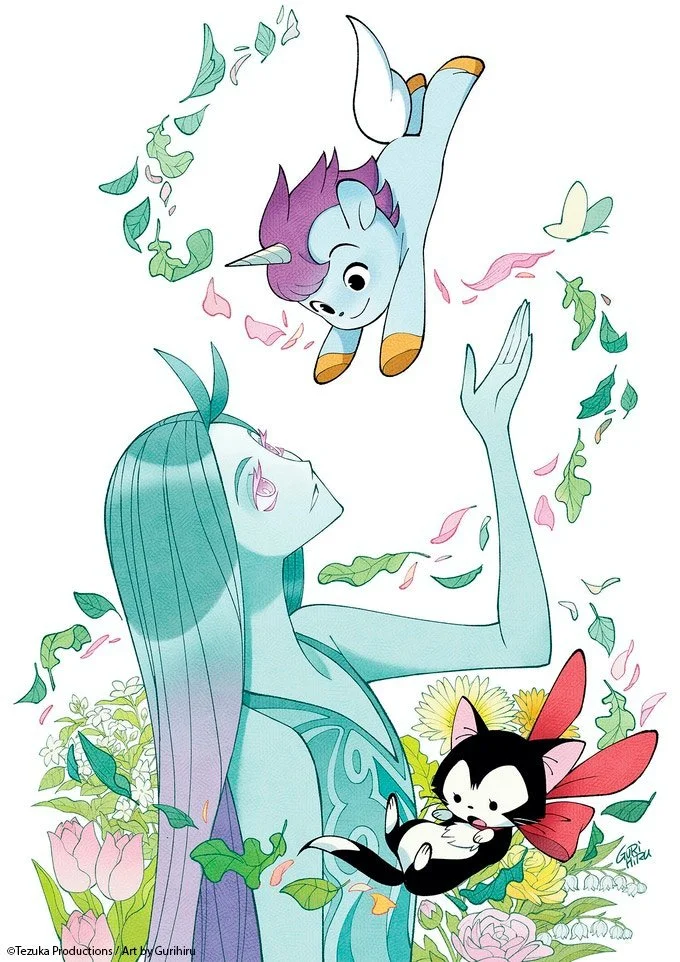Man Without Fear...By The Year: Daredevil Comics in 2009
By Bruno Savill De Jong — It’s 2009. Captain Sully successfully lands a damaged airplane on the Hudson River, The World Health Organization declares swine flu a pandemic, Michael Jackson dies, and Kanye West interrupts Taylor Swift’s acceptance speech at the VMAs. People are listening to “I Gotta Feelin’,” watching Avatar and reading Daredevil.
Written by Ed Brubaker
Illustrated by David Aja (116), Michael Lark (117-119, 500), Klaus Janson (500), Chris Samnee (500), Paul Azaceta (500)
Inks by Stefano Gaudiano
Colors by José Villarrubia (116), Matt Hollingsworth (117-119, 500)
Lettered by Chris Eliopoulos
“Change your life” is a threat Daredevil makes to criminals on the streets. Starting somewhere in the Bendis era, Brubaker has continued this intimidation, a blunt command that signals the darker stature Daredevil has taken in the community. He now rarely works towards improving Hell’s Kitchen – as he did when running a pro-bono Law Clinic – but rather making its residents do it themselves. As we reach the end of Brubaker’s time on Daredevil, this saying becomes ironically appropriate. It’s become a series about Daredevil attempting to resume his status quo, and being thwarted at every turn, his attempts to plan for the future only making the Devil laugh. Daredevil demands that others change their lives, because he cannot control his own.
This near existential despair comes crashing down in Brubaker’s last storyline, “Return of the King.” As readers might expect from such a title, this involves the Kingpin returning to New York following his “exile” after Vanessa’s death in “The Devil Takes a Ride.” That storyline ended Brubaker’s first year on Daredevil with a (weary) “fresh start” for Matt Murdock and Wilson Fisk, but “Return of the King” brings both back to another inevitable conclusion. Although Brubaker revitalises the stakes through focusing an entire issue on Fisk’s retreat to Costa de Morte and his earnest attempts to start a new life there.
This issue is beautifully illustrated by David Aja, departing from Lark’s harsher lines for something a touch rounder and abstract. Wilson Fisk is shown as genuine in trying to start a humble new existence, but is burdened by knowledge of his past and the constant dread his old sins will return to haunt him. Walking up to his new partner’s house, he is repeatedly hit with panic that his new girlfriend and her children will be attacked. He’s right, of course. One day, Fisk finds just this, with Lady Bullseye having slaughtered his new “family” to draw him back to New York and his life as the Kingpin.
Lady Bullseye’s brutality sends Kingpin back into the underground, but potentially miscalculates his wrath, as he teams up with Daredevil to bring down the Hand, even if it means not surviving himself. The mortal enemies have both been pushed far enough they are willing to be drawn together. Matt, for his own part, seems surprisingly ready to team up with the Kingpin. It’s a moral compromise of accepting a “lesser evil,” sacrifices Matt has been making ever since lying about (and suing over) his exposed identity. “Return of the King” is filled with scenes of snowfall, and the chilly atmosphere hangs over panels like a gauze, cluttering it to reflect the increasingly unreliable vision of our protagonist.
Foggy Nelson, for one, finds Matt’s allegiance with the Kingpin – and how Matt has isolated himself from his actual allies – horrifying, and ends up firing him from Nelson & Murdock out of frustration. Matt has become tunnel-visioned about his tumultuous life, blaming Lady Bullseye for taking his wife Milla away and refusing to accept outside help. Yet Lady Bullseye only helped along the genuine case of Milla’s parents of seeing Matt as a danger, however unfair this may be. Matt may scowl “I need all the people messing with my life to go away,” but this applies to himself, who only digs himself into bigger holes. Through only stubbornly tackling his problems on his own terms, they threaten to overwhelm him.
Inevitably the deal between Kingpin and Daredevil breaks down, with Fisk quickly – via the surrogate assistance of The Owl – plotting his own takeover of the Hand. However sincere Fisk’s repentance and new agenda once was, coming back to New York has placed him within the same cycles of power and greed. But things do seem different for Daredevil, who outmaneuvers his old rival by exchanging one “deal with the devil” for another, accepting leadership of The Hand. Funnily enough, it's endlessly put-upon stooge Turk Barret who sends the whole thing crumbling down, realizing that Kingpin has “lost it” to an extent which is dangerous for all
Although this is a pre-emptive strike to stop Kingpin from obtaining the Hand’s considerable resources, “Return of the King” reads more like a tragedy of finally succumbing to temptation. Daredevil has been systematically stripped of his outside life – including a tender goodbye to his comatose wife – before accepting the Hand’s leadership. “Return of the King” seemingly explores the potential of Kingpin and Daredevil leading civilian lives, being able to exist as “Wilson Fisk” and “Matt Murdock” respectively.
But the storyline depressingly sides with this double-life being impossible to maintain, supporting Kingpin’s self-avowal that “simply by loving the, you sentence them to death.” The two men are unable to keep loved ones, and it’s only once Matt has “nothing in the outside world worth saying for'' that he can claim this new position. This is only a continuation of when Matt declared himself the Kingpin during Bendis’ run. Now, the pressures of his lifestyle have led Daredevil to become another of his famous enemies. The “King” may have returned, but heavy is the head who wears this crown.
“Return of the King” is not Brubaker’s strongest story, as despite all the pieces falling into one place, you can feel his creative hands more strongly than before. Kingpin’s betrayal of Daredevil, for instance, is an inevitable part of his character but feels somewhat rushed within the text; him arguing with the ‘ghost’ of Vanessa likewise makes overt what Brubaker normally keeps subtle. Despite the exceptional prologue issue focusing on Fisk, “Return of the King” feels less personal, operating on a grand scale it struggles to keep hold of. Lady Bullseye’s actual plan to take control of the Hand herself never quite becomes clear. Although perhaps this is all intentional, given how deadened Daredevil ends up being.
Regardless of these nit-picks, “Return of the King” is still a well-made and satisfying story-arc that ends Brubaker’s streak on a bitter cliff-hanger. Assessing Brubaker’s legacy on Daredevil is trickier than other iconic writers. You can talk about Brubaker without discussing Daredevil - unlike Miller or Bendis – and his run was largely defined by the one who came before. Yet Brubaker took Bendis’ themes of identity and self-destruction and integrated them into a flowing, action-packed tragedy. Brubaker was less deconstructive than Bendis, unafraid to have Matt suit up as Daredevil and confront his rogue’s gallery, even if he rarely won against them. Brubaker pushed Bendis’ psychological breakdowns into more stoic characters and procedural stories, with the effect of a “realistic” crime noir of a man attempting to keep his head above water.
Indeed, Brubaker continues the challenge set by Bendis of leaving future Daredevil writers with a troubling status quo. Brubaker began his run with Matt climbing his way out of the pit of Ryker’s Prison, and it ends with him willingly descending into a cave. Daredevil stories are often ones of rises and falls, and 2009 is no different, reaching the fatalistic conclusion of Matt surrendering to the troublesome forces around him. Daredevil has often struggled with the status quo, his current path making him keep losing loved ones and he continues living. Now Daredevil has got a new life by trading it in, sacrificing “Matt Murdock” to, hopefully, fight evil from within. Only future writers can tell whether this radical move will mean Matt can actually change the world, or be changed by it.
Read classic Daredevil Comics!
Check out past installments from The Man Without Fear…By The Year!
Check out Bruno Savill De Jong’s last regular series, Gotham Central Case by Case!
Bruno Savill De Jong is a recent undergraduate of English and freelance writer on films and comics, living in London. His infrequent comics-blog is Panels are Windows and semi-frequent Twitter is BrunoSavillDeJo.












